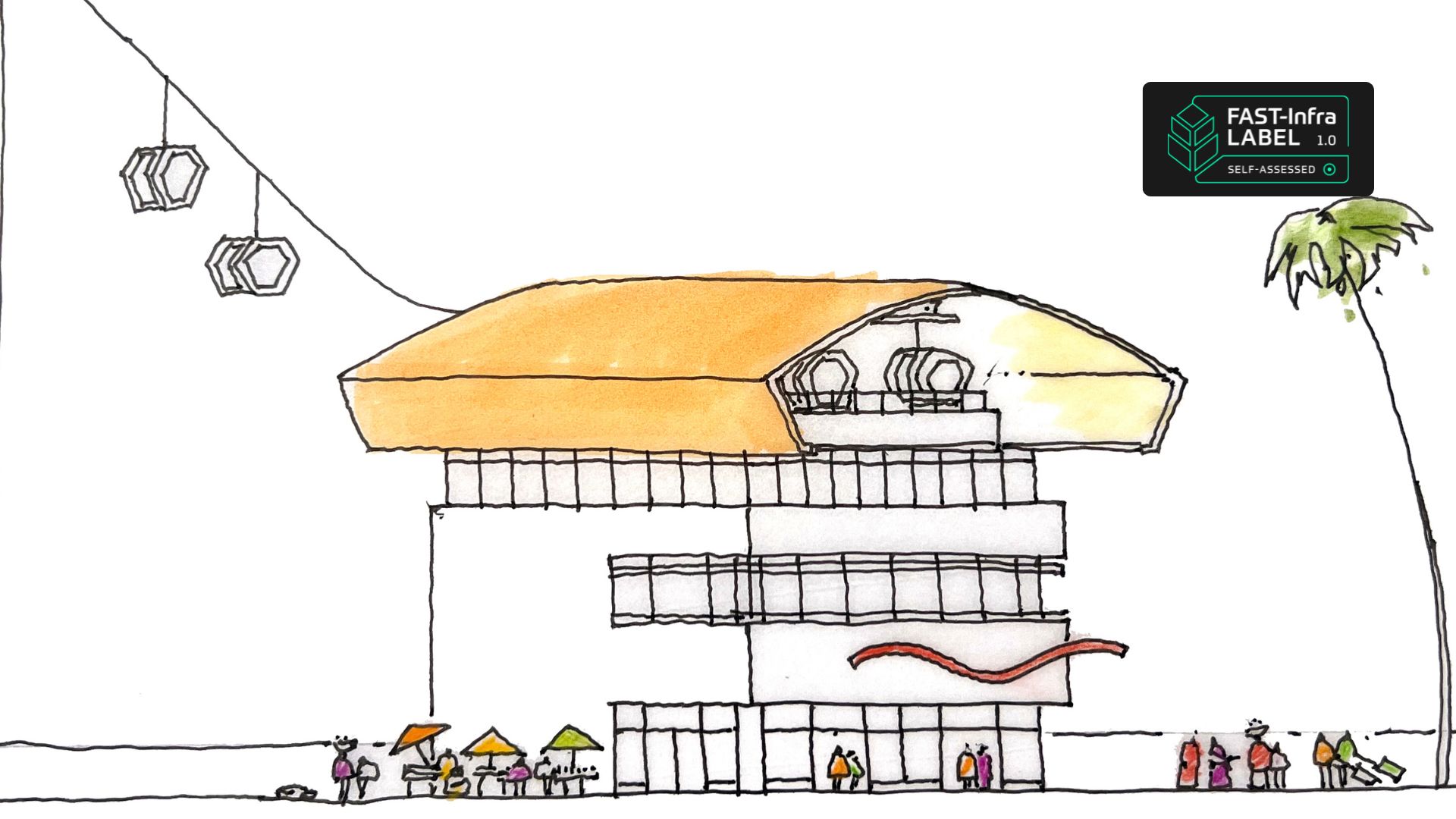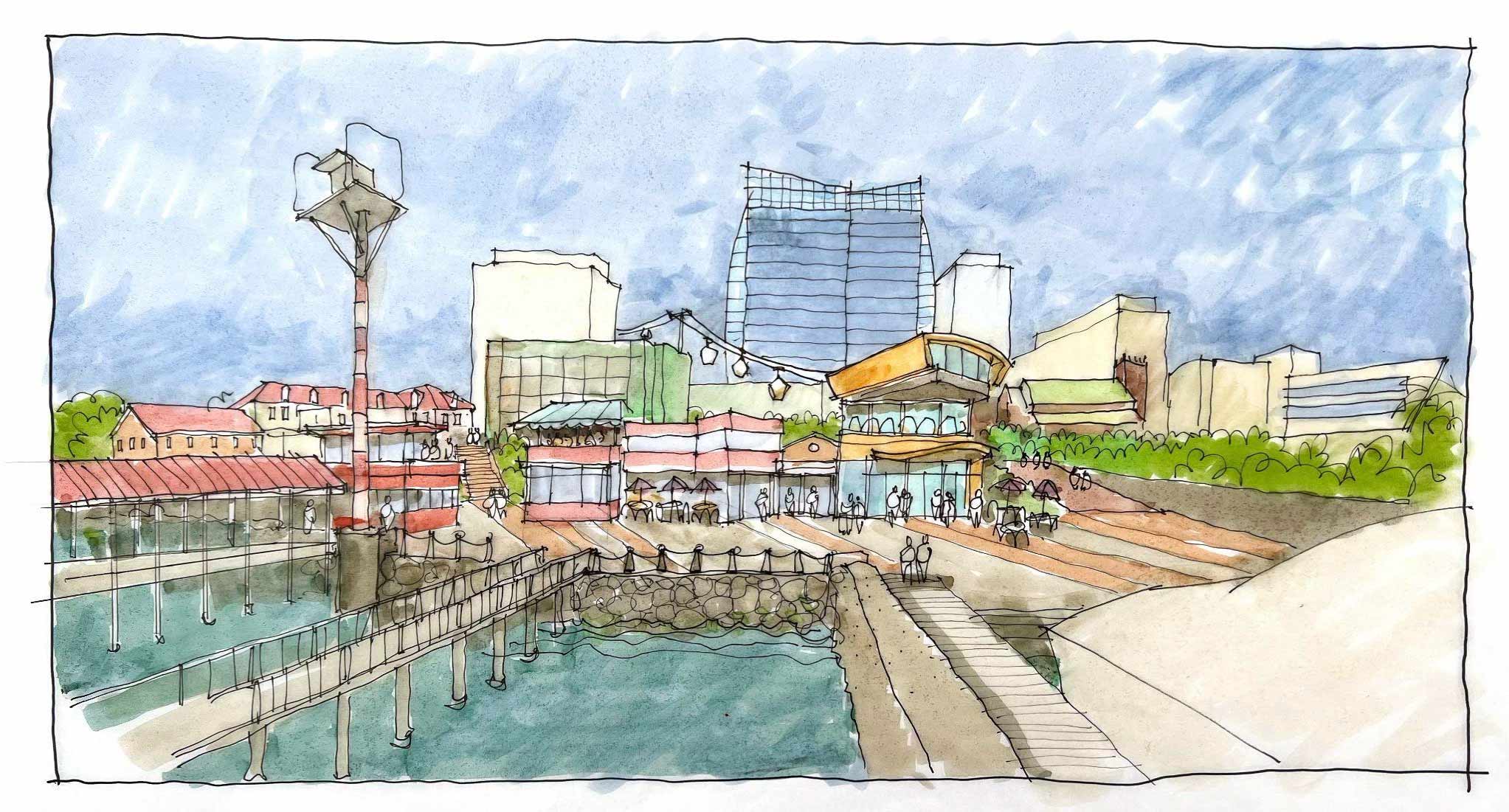
Freetown Cable Car Pilot Project, Eastern Line
What’s a Rich Text element?
The rich text element allows you to create and format headings, paragraphs, blockquotes, images, and video all in one place instead of having to add and format them individually. Just double-click and easily create content.

Static and dynamic content editing
A rich text element can be used with static or dynamic content. For static content, just drop it into any page and begin editing. For dynamic content, add a rich text field to any collection and then connect a rich text element to that field in the settings panel. Voila!
- A rich text element can be used with static or dynamic content. For static content, just drop it into any page and begin editing. For dynamic content, add a rich text field to any collection and then connect a rich text element to that field in the settings panel. Voila!
- test
- t to that field
- t to that field
-
How to customize formatting for each rich text
How to customize formatting for each rich text
How to customize formatting for each rich text
Headings, paragraphs, blockquotes, figures, images, and figure captions can all be styled after a class is added to the rich text element using the "When inside of" nested selector system.

Freetown, the capital and largest city of Sierra Leone, has long grappled with heavy traffic and inadequate transport options. Over 80% of daily commutes rely on informal and unregulated modes such as mini-buses, taxis, and motorcycles. These options, while widely used, fall short of meeting the needs of the city’s growing population—especially in hillside and coastal areas. According to a United Nations Country Report (2023), in the Western Area Urban district, including Freetown, 25% of residents live beyond 500 metres from formal bus stops. With only 40% of primary roads paved and around 4,200 km of feeder roads becoming impassable during the rainy season, many communities struggle to access schools, markets, jobs, and hospitals—isolated from economic hubs and essential services.
A Cleaner, Faster, and Smarter Transport System
To address these challenges, the Freetown City Council is introducing an innovative cable car using the Monocable Detachable Gondola (MDG) system. This new system will carry people above the city’s congested streets and rugged terrain, providing a reliable and efficient alternative to existing transport options. Spanning 3.6 kilometers, the MDG system, first of three lines, will connect five strategically located stations across busy areas, improving accessibility and reducing travel time for residents.

The cable car will primarily be powered by solar energy from its own photovoltaic system with a battery storage component, making it a low-carbon transport option. It will carry up to 33,000 passengers every day, cutting the travel time from the Central Business District (CBD) to Kissy Ferry to just 15 minutes—that’s 50% faster than the current road journey.
By providing an attractive alternative to road travel and operating on renewable energy, the cable car system will significantly reduce pollution and improve air quality. It aims to cut NOx emissions by 6 tonnes annually and save up to 2,131 tonnes of CO₂ emissions each year—equivalent to the yearly emissions of over 1,500 buses. Beyond environmental benefits, the system will connect previously isolated communities to schools, jobs, and essential services—enabling healthier, more connected, and more equitable urban living.
Redefining City Mobility Through Sustainability and Equity
The Freetown Cable Car project has earned the FAST-Infra Self-Assessed Label improving the risk profile and aligning stakeholder interest by delivering measurable impact on environmental, social, and governance standards. By earning the Self-Assessed Label, the project demonstrated positive contributions on the criteria of: Climate Change Mitigation, Pollution Prevention, and Inclusivity and Gender.
Speaking on the importance of this recognition, Mayor Yvonne Aki-Sawyerr stated:
“I am pleased that the Cable Car project has received the FAST-Infra Self-Assessed Label. This gives confidence to potential investors that the project has been developed following a robust assessment process—taking into account the wider impact on both the environment and our communities. We believe the Cable Car will transform the lives of Freetonians by improving livelihoods, reducing air pollution, and providing affordable access to essential services.” — Mayor Yvonne Aki-Sawyerr, Freetown City Council

The Freetown Cable Car is more than a new way to move—it’s a responsible investment in a cleaner, healthier, and more inclusive future for the city.
In partnership with the C40 Cities Finance Facility implemented by Deutsche Gesellschaft für Internationale Zusammenarbeit (GIZ) and C40 Cities.







